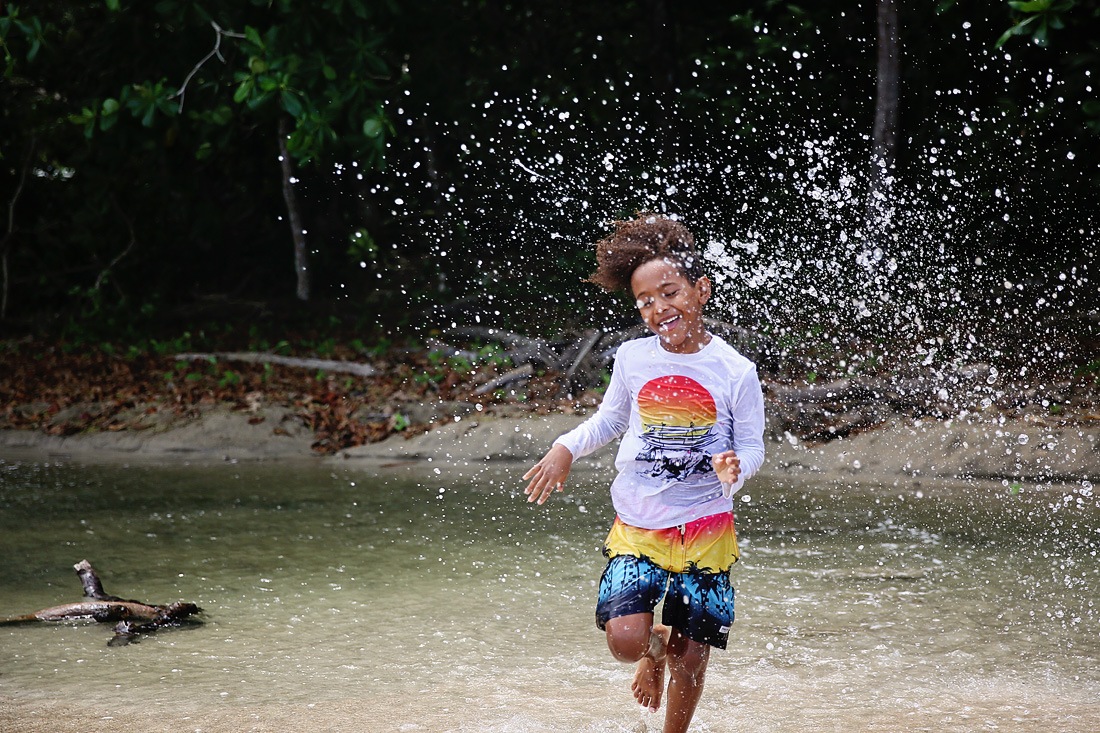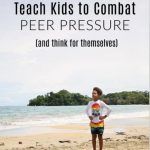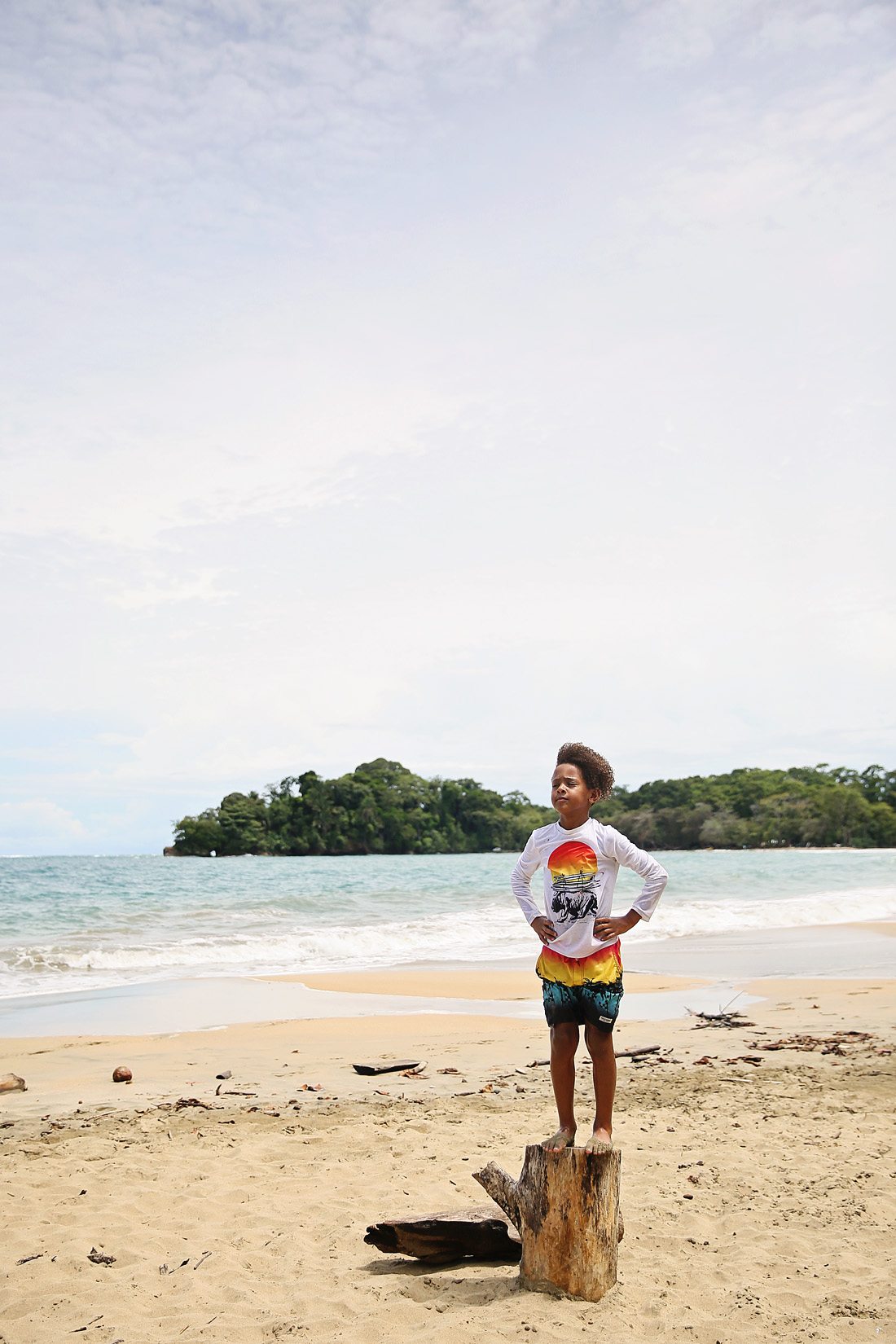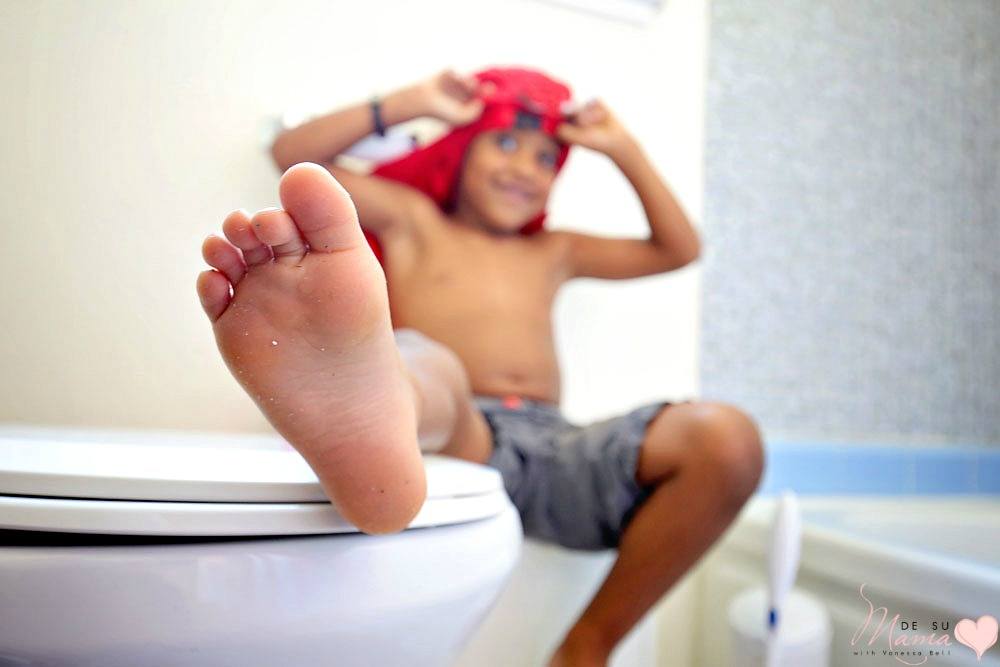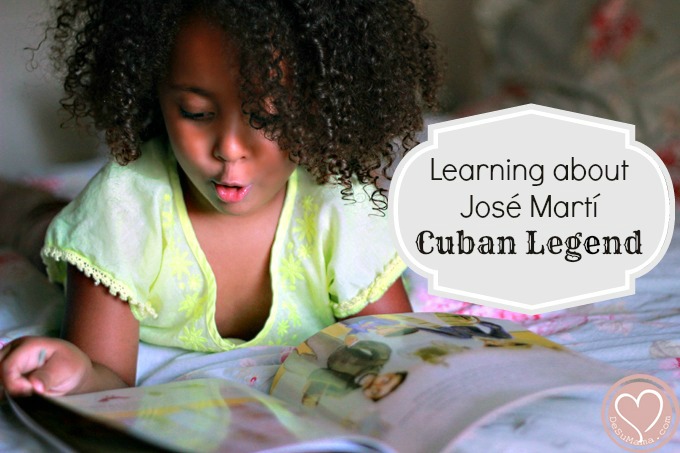How do we remind our kids that good friendship is so much more than likes and followers on social media? How do we guide them to make good decisions versus succumbing to peer pressure? What tools can we offer so that they feel confident when thinking for themselves? The importance of helping kids build positive friendships and the confidence to make the right decisions as they face potentially negative situations, such as underage drinking, is an important topic for parents entering teenage years. My family included!
Peer Pressure in Friendships
In partnership with Responsibility.org, I attended the #TalkEarly Summit in Washington DC last year where we heard from Phyllis L. Fagell, a licensed clinical professional counselor and certified professional school counselor. Her new book Middle School Matters was just released in August to rave reviews! Here’s what she had to say on ways parents can combat peer pressure, encourage kids to embrace teachable moments and a more positive perspective.
Be sure to check out the Responsibility.org website to find helpful resources on how to talk to kids about alcohol. This is a sponsored post, but all opinions are my own.
Related: 8 Active Listening Exercises for Families
“If you give people the power to validate you, you also give them the power to invalidate you.” – Phyllis L. Fagell
Knowing who you are and what you believe in are the first steps to combat peer pressure. But that’s a lot to ask for a kid! Below are five of the most common questions and concerns Phyllis gets from parents about kids and friendship in the teenage years. So much of them have to do with societal pressures, fighting in and creating good friendships. She also gave these three broad parenting tips for parents to help kids navigate friendships:
Tip #1: Perfect your poker face – so that they will keep telling you things. If you over-react to a bee-sting when they are 6 years old, they’re definitely going to hide the dent in the car from you when they are 16, was her example.
Tip #2: If they tell you something that is a teachable moment:
- Start your response with a validation such as: “I understand why you did this..”
- Then go on to explain how you’re feeling about it “But maybe that wasn’t……”
- Finally, help them come up with the next step by asking them: “What is the next step so that you can make everyone feel better….
Related: 5 Desired Leadership Qualities in Kids
Out with the Negative Talk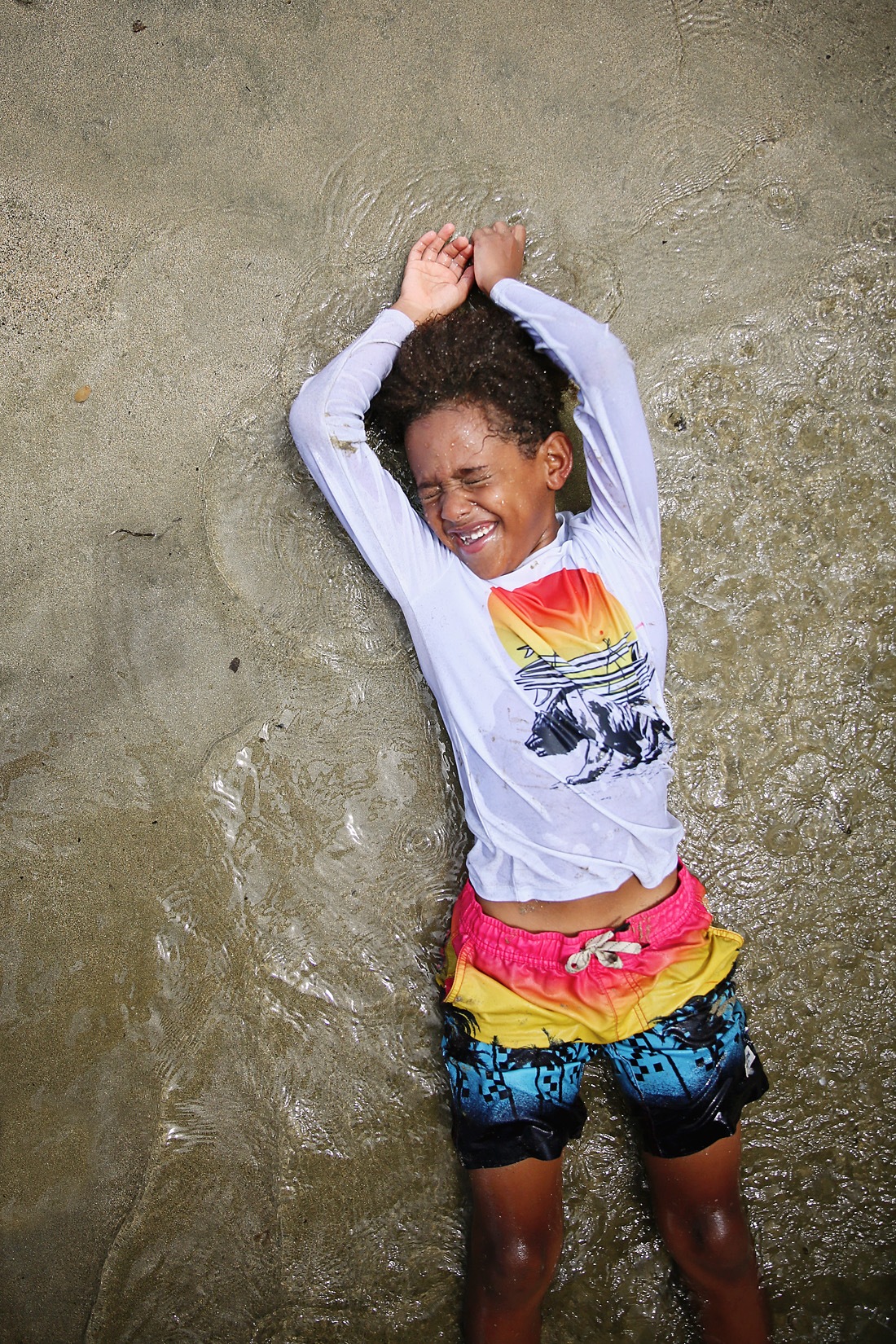
Tip #3: Kids discount the positive: Humans are wired to remember the negative instead of the positive. Teach them to consider another perspective. It’s not intuitive to think we lie to ourselves – kids definitely don’t think they do that. Sometimes they misinterpret feedback. Play the “maybe game’ – maybe they were hungry, maybe they were in a bad mood, this helps them get outside their own head and consider the other possibilities.
How to help your child handle comments from kids like this: “You’re not in the club” or “You always have to be the baby or the dog in our game.”
Kids who are told this by other kids tend to not be as assertive. Body language has a lot to do with this. Talk to your child about standing straight, looking people in the eye, and give kids the language such as “You chose the rules last time, I’d like to choose the rules this time.” The goal for the parent: Validate that it’s really hard to stand up to someone but don’t be over-reactive.
How to help your child with this concern: “He never wants to invite anyone over, should I do it anyway?”
Especially challenging with an Extrovert parent who has an introvert kid. An introverted child has used all their energy getting through school day – some need the weekend to recover. Try to honor your child for who they are.
Related: 5 Goal Setting Activities for Kids
One Good Friend > Many Fake Friends Concerns about Popularity
Concerns about Popularity
The question should be about teaching likeability vs. trading on power. Observe them when they are with their friends, can they start a conversation, do they know how to listen (listening is complex and involves pausing, making eye contact, saying something makes sense in response to what the other said.) The thing to be aware of is this: if you trade on power and aggression to get your popularity, it will pay off until 12th grade because people fear you. But it becomes a real negative after high school, with higher rates of depression and substance abuse.
Concerns with this scenario: No one invites him over – should I be worried?
Start collecting information to find out – talk to other adults in their lives, teachers, coaches, counselor. And ask yourself – whose anxiety is this – is it yours or your child’s?
Concerns about negativity, such as: “My son is super negative – always saying ‘ no one likes me or wants to play with me.”
Phyllis acknowledged that it can be very draining when you have what she described as an “Eeyore” kid. Here’s where she recommends playing the “highs and lows” exercise because you are helping them reframing situations. If they are torn, you can help them come up with something positive. She also recommends having them keep a gratitude journal – write down three things they are grateful for every day or keep a kindness journal – things they did for others or others did for them. She noted that often kids who are negative don’t have a full emotional vocabulary.
These tips have been instrumental in how we teach our son how to combat peer pressure… and think for himself! We want him to, not only feel confident in his own ability to make decisions but learn how to identify the great friends we all need sometimes.

